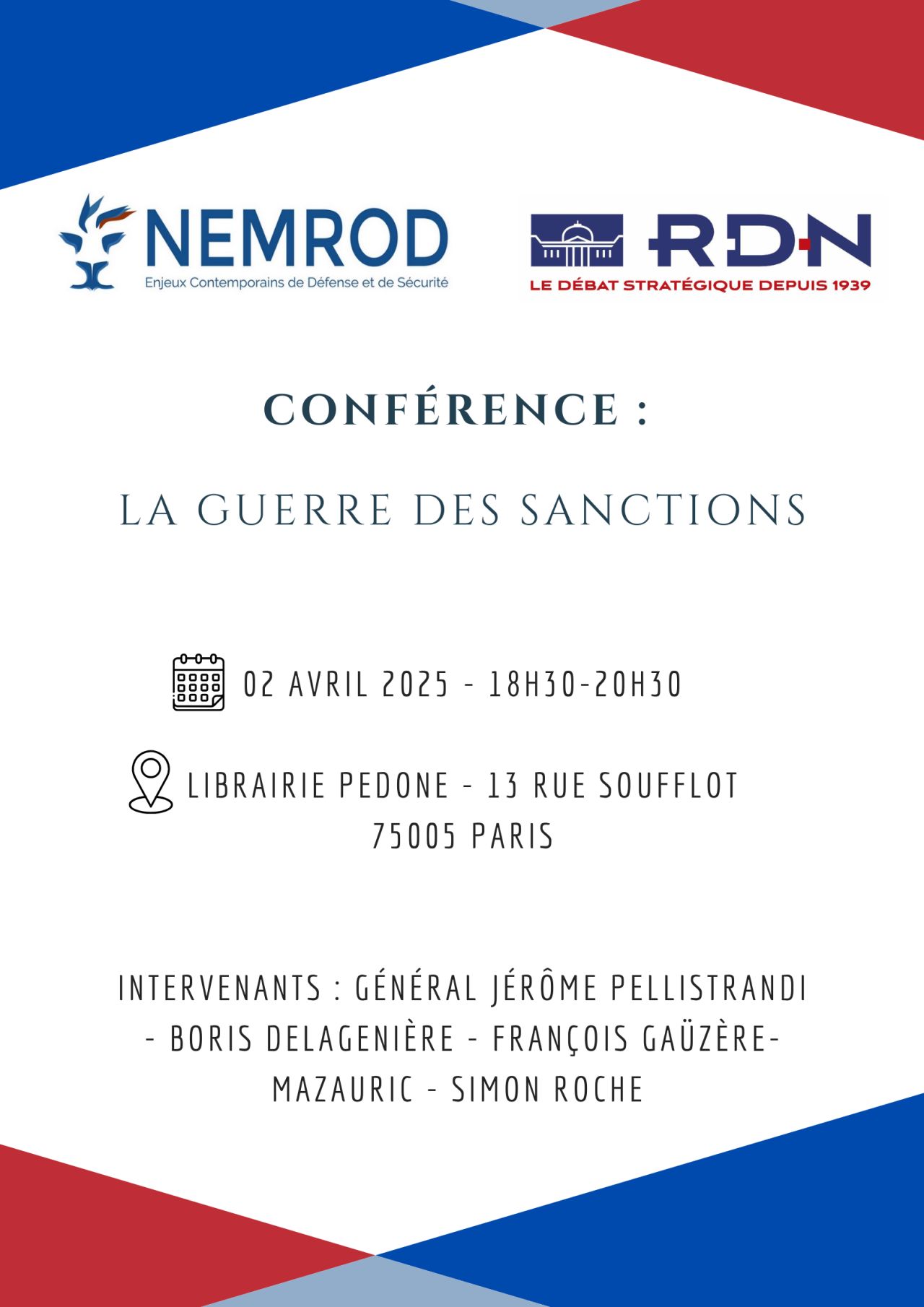Editorial
June 2012 has seen the bi-annual Eurosatory defence exhibition in Paris. As ever, it was the occasion to gain an update on all that is new in military technology, at what our forces are currently achieving on the ground, and perhaps even more important at this start of a new political regime in France, to take a hard look at what is needed to consolidate the French and European industrial and technological bases in order to progress with a common security programme in Europe.
With the new President and government now in place, it is certain that the 2008 Livre Blanc on defence will be reassessed by the end of the year. The strategic environment it currently describes includes (among many other aspects, of course) cyber-defence and an approach to security through reduction of French vulnerability, rather than through direct challenge of threats, then seen as too diverse to manage. These two points are unlikely to change, since those aspects of the threat landscape have not changed – except perhaps to become even more complex and difficult to manage. Charles Bwele’s article on cyber-war is presented here as a reminder of what is at stake for just one of these issues. Taking ‘vulnerability’ in a rather literal sense, the DGA has much research underway on protection of material and personnel, and Bruno Morrtaigne’s article (extracted from our Eurosatory folder) gives a detailed technical overview of current developments on these matters. Continuing our theme of robotisation, Darko Ribnikar enlightens us further on the practicalities of use of robots to reduce the dangers of combat to humans.
But if we return to ‘vulnerability’ in its broader sense, we have to acknowledge that the benefits and prosperity we enjoy from globalisation, and which make France the fifth economy in the world, are closely linked to new dependencies, which mean new vulnerabilities in many fields—principally in information exchange (cyber-space, if you will), space (outside the atmosphere) and on the high seas. With regard to vulnerability on the high seas, for example, Lars Wedin calls for a comprehensive maritime strategy which commits not only France, but Europe and, indeed, the world as a whole. Yet all of these vulnerabilities need allocation of human and technical - and therefore financial - assets to ensure that we can face up to the challenges they present to the security of our country in the twenty-first century. These issues need to be firmly taken on board by the new legislature, which will soon start its review of defence and other spending issues in what remains a very foggy economic climate






